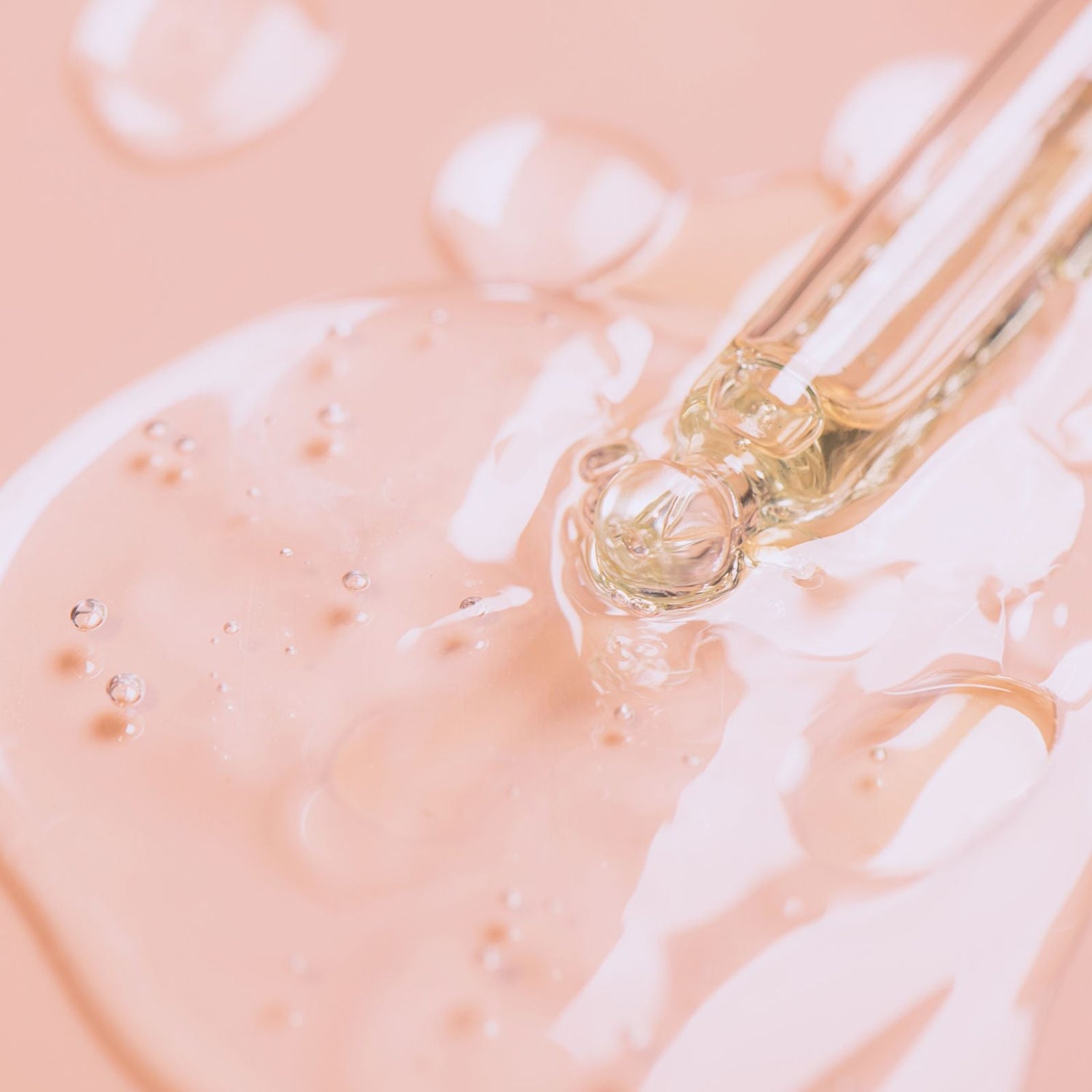If there’s one skin-care ingredient that puts you in the fast lane to hydrated skin, it’s hyaluronic acid! You’ll find it as an active ingredient in seemingly every skin-care product category under the sun — serums, cleansers, moisturisers, and more. There’s a reason it’s ubiquitous: Not only does hyaluronic acid do an incredible job when it comes to moisturising the skin, but it minimises signs of ageing, since plump, hydrated skin makes fine lines and wrinkles less visible. I have put together a simple guide on hyaluronic acid.
What Is Hyaluronic Acid?
Technically, it’s a group of sugar molecules called polysaccharides, according to recent studies. These molecules work to cushion and lubricate, and they’re found naturally in the body’s connective tissues.
Over time, our body’s stores of hyaluronic acid decline. Age is one reason, research shows, but environmental factors — such as smoking and air pollution — also accelerate this process too. That’s the bad news.
The good news is that topical products that feature hyaluronic acid, whether as part of the ingredients list in a moisturiser or as the star of a serum, can help rebuild those depleted stores, bonus!
Hyaluronic acid attracts and binds to water molecules and increases the water content of the skin. HA can absorb more than 1,000 times its weight in water.
What Are the Benefits of Hyaluronic Acid?
The key benefit of hyaluronic acid is hydration and that unbelievable ability to retain moisture. To understand how important moisture is for the skin, you have to first know that dehydrated skin — when the top layer of skin doesn’t have enough water — appears dry, rough, and flaky, it needs moisture.
It’s not just a matter of aesthetics. Dry skin can be tricky, de- hydrated skin is unable to maintain a healthy skin barrier, this leaves the skin more vulnerable to damage from external and environmental sources. Compromised skin barriers can play a role in many skin conditions, including dry skin, atopic dermatitis, rosacea, and acne.
Hydrated skin, then, is what you want! Skin hydration is important because hydrated skin looks more plump, healthier, and more vibrant. According to some research, skin ageing is associated with loss of skin moisture, and hyaluronic acid is the key ingredient when it comes to combating or reversing these signs. Because of its water-pulling qualities, hyaluronic acid can refine and age-rewind in those dry, sunken, or ‘crepe’ areas and crow's feet lines.

There are 3 Types of Hyaluronic Acid :
- Hydrolyzed hyaluronic acid is hyaluronic acid that has been broken down into elements small enough to penetrate the skin. It’s moisturising, but not the most moisturising option, so it’s best for people who have oily or combination skin, since these skin types want to avoid over-moisturizing.
- Sodium hyaluronate goes deeper into the skin and delivers even better results. Sodium hyaluronate is best for people who have normal skin and sensitive skin, because it will allow moisture to seep in, but you don’t really need a heavy-duty, long-lasting effect.
- Sodium acetylated hyaluronate has the benefits of sodium hyaluronate but with longer-lasting results. It’s best for people who need moisture, such as those with dry skin, those who live in dry climates, or those looking for a product for the dry winter months.
Does Hyaluronic Acid Have Any Side Effects to Note?
Hyaluronic acid is safe for all skin types and doesn’t typically lead to any adverse reactions when applied topically. HA is not to be confused with “peeling” exfoliating Acids like AHA/ BHA too. Hyaluronic acid is actually a natural substance in our skin.
So as you can see Hyaluronic acid is a super ingredient for all sin types, it’s gentle and hydrates skin deep down giving your complexion a dewy, youthful glow!
Check out both Recovery Face Cream and Hydrating Rose Mist that contain the wonder ingredient.


